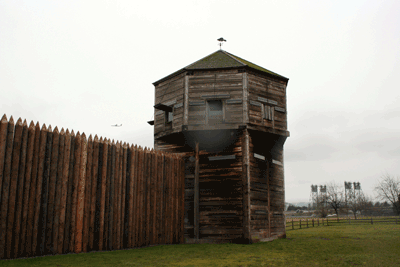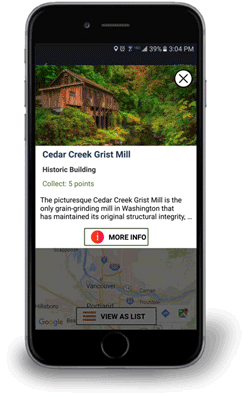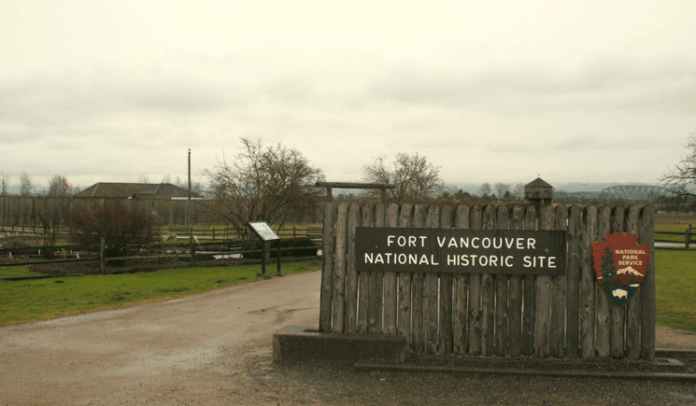The state of Washington is unique among its peers for many wonderful reasons – vibrant cities, spectacular mountains, serene beaches; you name it – but having a statewide tourism-marketing program isn’t one of them.
Washington is currently the lone state in the union without such a program, as it was closed in 2011 by the state Legislature. However, two bills currently under consideration in Olympia – House Bill 1123 and Senate Bill 5251 – could soon change that.
The proposed legislation, which has received bipartisan support, calls for the creation of a Tourism Marketing Authority (TMA), generating up to $15 million for every two-year budget cycle. The TMA would receive performance-based funding without implementing new taxes.
“As a state, we’re not out doing enough to promote tourism like other states are,” said Senator Dean Takko (D-Longview), a co-sponsor of the Senate bill. “Most states are doing $10, $15, $20 million for tourism promotion.”
 Tourism is the state’s fourth-largest industry, with more than $1.8 million in local and state tax revenues generated from it. More than that, tourism creates more than 170,500 jobs.
Tourism is the state’s fourth-largest industry, with more than $1.8 million in local and state tax revenues generated from it. More than that, tourism creates more than 170,500 jobs.
“I’ve got an area that does rely on tourism,” added Takko. “We want to make sure those people who are visiting stay in those hotels in Long Beach, eat at those restaurants … If they do and have a good time, maybe they’ll come back.”
Since the closing of the Washington State Tourism Office in spring 2011, the Washington Tourism Alliance (WTA) has worked with tourism stakeholders across the state to create a statewide tourism marketing program.
Kim Bennett, president and CEO of Visit Vancouver USA, has served on the WTA Board of Directors since 2012.
“As the regional tourism marketing organization for Vancouver and Clark County, we continue to believe strongly in the importance of a statewide tourism program to market and promote Washington state, both domestically and internationally,” said Bennett. “The marketing efforts that occur on the state level form an overarching framework that allows regional tourism offices to better align their efforts and share the stories that make each of our communities unique.”
In order to fund the TMA, 0.1 percent of general sales taxes collected on the retail sales of rental cars, lodging and restaurants would be set aside with a limit of $5 million for every two-year budget cycle. Private matching funds would then be collected prior to use.
“I think a lot of people see the need for it,” said Takko. “Every single district has some sort of tourism base.”
“Visit Vancouver USA is pleased to see these bills met with not only bipartisan legislative support, but also with support from a variety of business and economic development groups on both the state and local level,” added Bennett.
The backers of SB-5251 and HB-1123 certainly aren’t the only ones who are pushing for a greater tourism profile for the state.
 Tim Fry of the Scenic Washington State (ScenicWa.com) developed an app that adds another engagement channel to the company’s mix. The app launched on Feb. 8.
Tim Fry of the Scenic Washington State (ScenicWa.com) developed an app that adds another engagement channel to the company’s mix. The app launched on Feb. 8.
“It (the app) rewards visitors to the state for going out and exploring,” said Fry, who spent two months with his family traveling around the state meeting with businesses and scouting local tourist attractions. “When you’re there (at a business or attraction), you collect points and they get added to your account. If you accrue enough points, businesses around the state redeem them. If it is a hotel, it might be a discount on a second night.”
Fry understands that there’s a segment of the population that would still prefer a map to plot out their adventures, but the app “acknowledges the changing media habits of tourists.”
Scenic Washington’s objective, Fry said, and, really, SB-5251 and HB-1123, is to get the state of Washington back in the tourism game.
“Hopefully we can get back on the level playing field with our neighbors,” Fry said.
A hearing on the Senate bill is expected this week.





